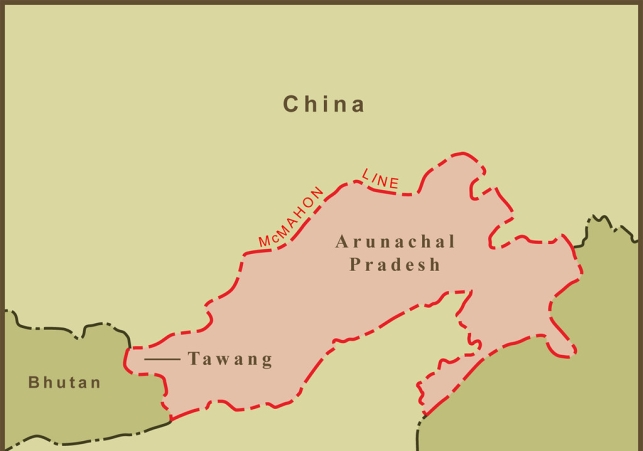
Disputes over China's U-shaped line map
Disputed claims in the south China Sea: China's U-shaped line map
China recently unveiled a map outlining its extensive territorial claims in the South China Sea, a region of great geopolitical significance and numerous disputes. Covering approximately 90% of this contested waterway, this move by China has drawn strong reactions from neighboring countries and raises concerns about international maritime boundaries.
China's expansive U-shaped line
China's newly released map features a U-shaped line that encompasses a vast portion of the South China Sea. This line extends as far as 1,500 kilometers (932 miles) to the south of China's Hainan island, encroaching upon the exclusive economic zones (EEZs) of multiple nations, including Vietnam, the Philippines, Malaysia, Brunei, and Indonesia. These waters are crucial for global trade, with over $3 trillion passing through them annually.
ALSO READ: Texas Supreme Court allows controversial ban on gender-affirming care for minors
Rejections by neighboring countries
Several countries, including the Philippines, Malaysia, Taiwan, and Vietnam, have swiftly rejected China's claims as baseless. They contend that China's U-shaped line lacks legal legitimacy and runs counter to international law. The Philippines, in particular, cited a 2016 arbitral ruling that had declared China's claims in the region as groundless and urged China to abide by international obligations.
Diplomatic protests and international concerns
Malaysia has filed a diplomatic protest against China concerning the map, emphasizing its view of the South China Sea issue as complex and sensitive. The broader international community has expressed concerns about the implications of China's territorial assertions in the South China Sea, as these actions could potentially escalate tensions in the region.
ALSO READ: Paris bans rental electric scooters, transition to bicycles underway
Historic basis and expanding claims
China has asserted that its U-shaped line is based on historic maps. However, it remains unclear if this latest map signifies new territorial claims. Notably, the map is distinct from a narrower version submitted to the United Nations in 2009, which included the "nine-dash line." The current map features a line with ten dashes, encompassing Taiwan and reminiscent of a 1948 map of China. China had also published a map with a tenth dash in 2013.





